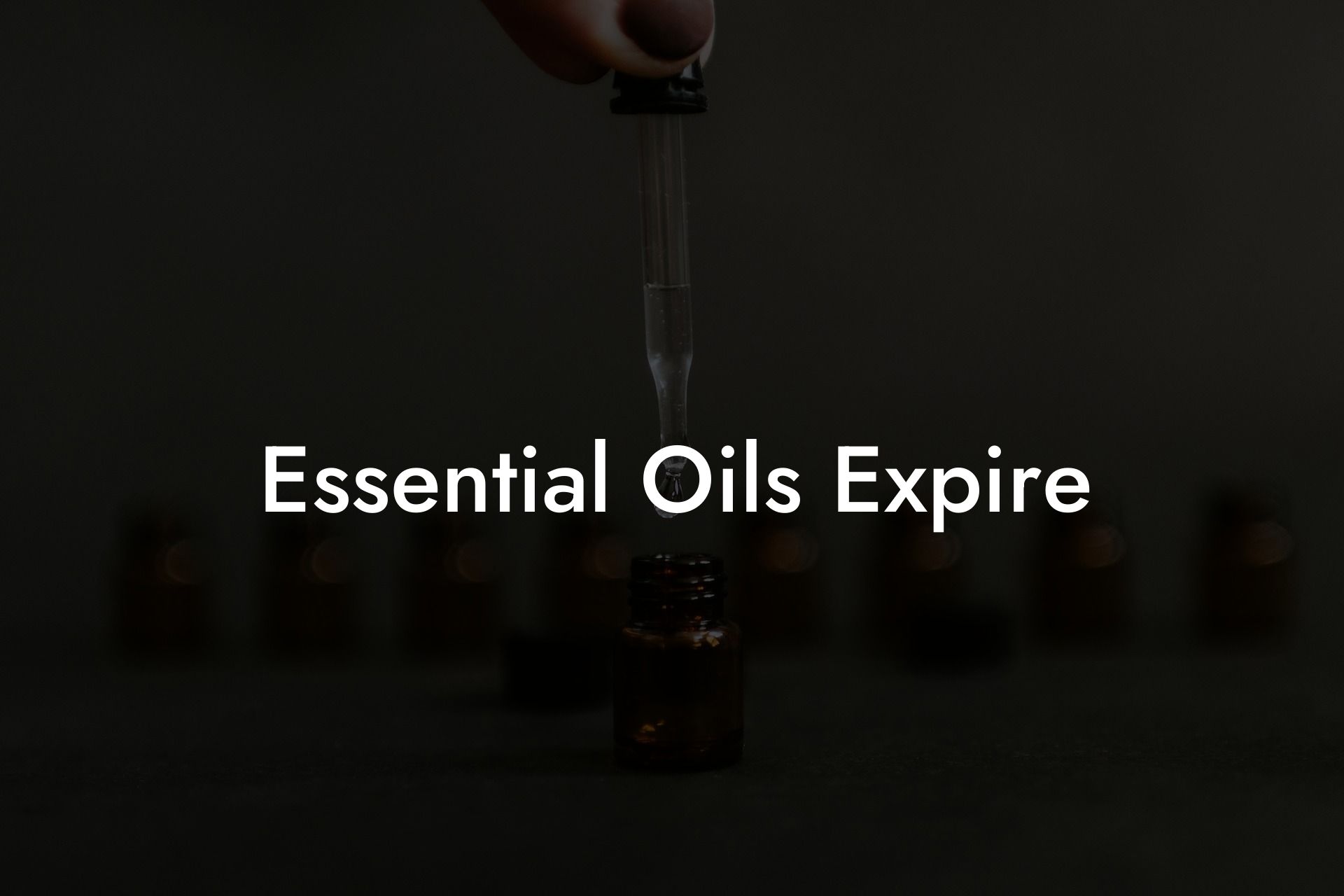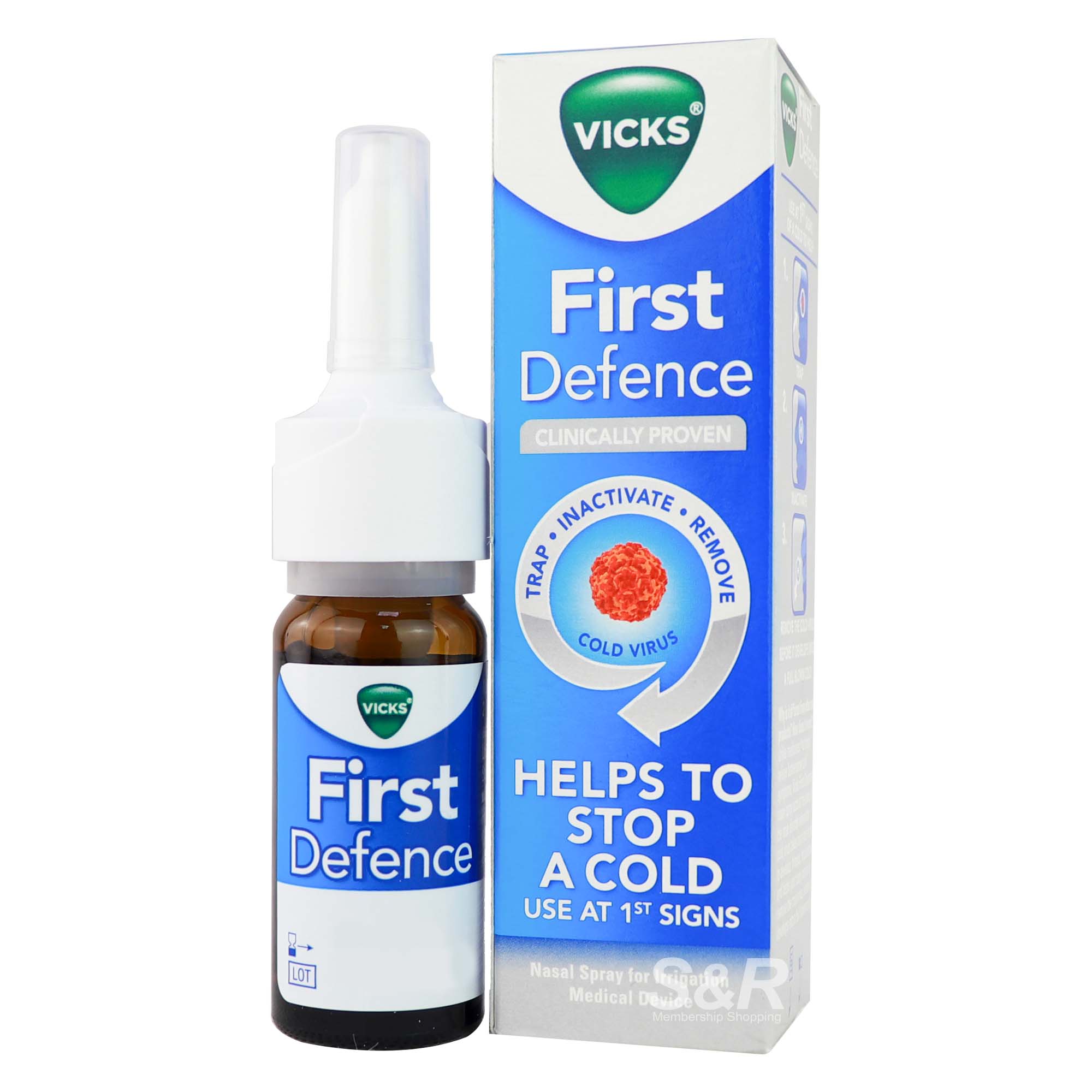Have you ever wondered, "Can Vicks expire?" It's a common question among users of this popular over-the-counter remedy. Vicks products, known for their effectiveness in relieving cold and flu symptoms, are staples in many households. However, like any other product, they have a shelf life that users should be aware of. Understanding the expiration of Vicks products is crucial for ensuring their effectiveness and safety.
Vicks products come in various forms, including VapoRub, Vicks DayQuil, NyQuil, and inhalers. Each product has its own unique formulation and shelf life. For consumers, knowing whether Vicks expires is essential, especially when using these products to treat symptoms that can significantly affect health. Proper storage and usage are key factors in maintaining the product's potency and safety.
In this article, we will delve into the details of Vicks expiration, covering everything from the shelf life of different Vicks products to signs of expiration and how to store them properly. By the end of this guide, you'll have a clear understanding of how long Vicks products last and how to ensure they remain effective when you need them most.
Read also:Dexter Redding Net Worth A Comprehensive Guide To His Wealth And Career
Table of Contents
- Vicks: A Brief History
- Types of Vicks Products and Their Uses
- Understanding the Shelf Life of Vicks Products
- Signs That Your Vicks Product Has Expired
- How to Store Vicks Products Properly
- Is It Safe to Use Expired Vicks?
- How to Dispose of Expired Vicks Products Safely
- Alternatives to Expired Vicks Products
- Frequently Asked Questions About Vicks Expiration
- Conclusion
Vicks: A Brief History
Vicks has been a trusted name in cold and flu relief for over a century. The brand was founded in the late 1800s by Lunsford Richardson, a pharmacist from North Carolina, who developed a unique blend of menthol, camphor, and eucalyptus oil. This formulation became the foundation of Vicks VapoRub, which quickly gained popularity for its ability to relieve coughs, congestion, and other respiratory symptoms.
Over the years, Vicks expanded its product line to include a variety of over-the-counter medications and remedies. Today, Vicks is owned by Procter & Gamble and remains a household name worldwide. Below is a table summarizing key facts about Vicks:
| Attribute | Details |
|---|---|
| Founder | Lunsford Richardson |
| Founded | Late 1800s |
| Headquarters | Cincinnati, Ohio, USA |
| Popular Products | VapoRub, DayQuil, NyQuil, Inhalers |
| Parent Company | Procter & Gamble |
Types of Vicks Products and Their Uses
Vicks offers a wide range of products designed to address various symptoms associated with colds, flu, and allergies. Here are some of the most popular Vicks products and their uses:
- Vicks VapoRub: A topical ointment used to relieve coughs and congestion. It is applied to the chest, throat, or feet.
- Vicks DayQuil: A liquid medication for daytime relief of cold and flu symptoms, including cough, sore throat, and nasal congestion.
- Vicks NyQuil: A nighttime counterpart to DayQuil, designed to help users sleep while alleviating cold and flu symptoms.
- Vicks Inhalers: Portable inhalers that provide relief from nasal congestion and sinus pressure.
Benefits of Using Vicks Products
Vicks products are widely praised for their effectiveness and ease of use. They are formulated with active ingredients such as menthol, camphor, and guaifenesin, which work together to alleviate symptoms and provide comfort. However, it's important to use these products as directed to avoid potential side effects or misuse.
Understanding the Shelf Life of Vicks Products
The shelf life of Vicks products varies depending on the type of product and its formulation. Most Vicks products have an expiration date printed on the packaging, which indicates the period during which the product is guaranteed to be effective and safe. Here's a breakdown of the typical shelf life for popular Vicks products:
- Vicks VapoRub: 3 to 5 years from the manufacturing date.
- Vicks DayQuil/NyQuil: 2 to 3 years from the manufacturing date.
- Vicks Inhalers: 2 to 3 years from the manufacturing date.
It's important to note that the expiration date is an estimate based on optimal storage conditions. If a product is stored improperly, its shelf life may be reduced.
Read also:Nuts Hanging Out Of Shorts Olympics The Ultimate Guide To Comfort And Style
Why Do Vicks Products Expire?
Vicks products expire because the active ingredients in the formulation can degrade over time. Factors such as exposure to heat, light, or moisture can accelerate this process, reducing the product's effectiveness. Additionally, expired products may pose health risks if used beyond their intended shelf life.
Signs That Your Vicks Product Has Expired
Even if a Vicks product doesn't have a visible expiration date, there are signs that it may no longer be effective or safe to use. Here are some indicators that your Vicks product has expired:
- Change in Color: If the product's color has changed significantly, it may indicate degradation of the active ingredients.
- Unusual Odor: A strange or unpleasant smell could suggest that the product has gone bad.
- Texture Changes: For topical products like VapoRub, a change in texture (e.g., becoming too watery or too hard) may indicate expiration.
- Ineffectiveness: If the product no longer provides the relief it once did, it may have lost its potency.
How to Check the Expiration Date
Most Vicks products have the expiration date printed on the packaging. For liquid medications, the date is usually found on the bottle or box. For topical products like VapoRub, check the bottom or side of the container. If the packaging is missing or damaged, it's best to err on the side of caution and replace the product.
How to Store Vicks Products Properly
Proper storage is essential for maintaining the shelf life and effectiveness of Vicks products. Here are some tips for storing Vicks products correctly:
- Keep in a Cool, Dry Place: Avoid exposing Vicks products to heat, direct sunlight, or moisture, as these factors can degrade the active ingredients.
- Seal Containers Tightly: Ensure that lids and caps are securely closed to prevent contamination or evaporation.
- Avoid Temperature Fluctuations: Store products in a location with a stable temperature, such as a medicine cabinet or drawer.
Best Practices for Long-Term Storage
If you plan to store Vicks products for an extended period, consider the following best practices:
- Keep products in their original packaging to protect them from light and air exposure.
- Label containers with the purchase or opening date if the expiration date is not visible.
- Regularly check your supply of Vicks products to ensure none have expired.
Is It Safe to Use Expired Vicks?
Using expired Vicks products is generally not recommended. While some products may still be safe to use shortly after their expiration date, their effectiveness is likely to be reduced. Additionally, expired products may pose health risks, especially if the active ingredients have degraded or if contamination has occurred.
Potential Risks of Using Expired Products
Expired Vicks products may cause adverse effects, such as skin irritation, allergic reactions, or ineffective symptom relief. In the case of liquid medications like DayQuil and NyQuil, the chemical composition may change over time, leading to potential toxicity or side effects.
How to Dispose of Expired Vicks Products Safely
Proper disposal of expired Vicks products is important to protect the environment and prevent accidental use. Here are some guidelines for safe disposal:
- Do Not Flush or Pour Down the Drain: Liquid medications and topical ointments should not be disposed of in waterways, as they can contaminate the environment.
- Check Local Guidelines: Many communities have specific disposal programs for expired medications. Check with your local pharmacy or waste management facility for guidance.
- Mix with Unpalatable Substances: For liquid medications, mix the contents with an undesirable substance like coffee grounds or kitty litter before disposing of them in the trash.
Alternatives to Expired Vicks Products
If you find that your Vicks products have expired, there are several alternatives you can consider for relieving cold and flu symptoms:
- Saline Nasal Sprays: These are safe and effective for relieving nasal congestion.
- Steam Inhalation: Inhaling steam from a bowl of hot water can help clear nasal passages.
- Natural Remedies: Ingredients like honey, ginger, and peppermint oil can provide relief from coughs and congestion.
When to Consult a Doctor
If your symptoms persist or worsen, it's important to consult a healthcare professional. Over-the-counter remedies, including Vicks products, are not a substitute for medical advice or treatment.
Frequently Asked Questions About Vicks Expiration
Here are answers to some commonly asked questions about Vicks expiration:
1. Can I use Vicks VapoRub after its expiration date?
While it may still be safe to use shortly after the expiration date, its effectiveness is likely to be reduced. It's best to replace expired products.
2. How can I tell if my Vicks product has gone bad?
Look for changes in color, odor, or texture. If the product no longer provides relief, it may have lost its potency.
3. Can expired Vicks products cause harm?
Expired products may cause skin irritation, allergic reactions, or ineffective symptom relief. It's best to avoid using them.
Conclusion
Understanding the expiration of Vicks products is essential for ensuring their effectiveness and safety. By knowing the shelf life of different Vicks products, recognizing signs of expiration, and storing them properly, you can make the most of these remedies when you need them most. Remember to dispose of expired products safely and consider alternatives if necessary.
We hope this guide has answered your questions about whether Vicks expires and provided valuable insights into maintaining the quality of these products. If you found this article helpful, please share it with others or leave a comment below. For more tips and information on health and wellness, explore our other articles on the site.


